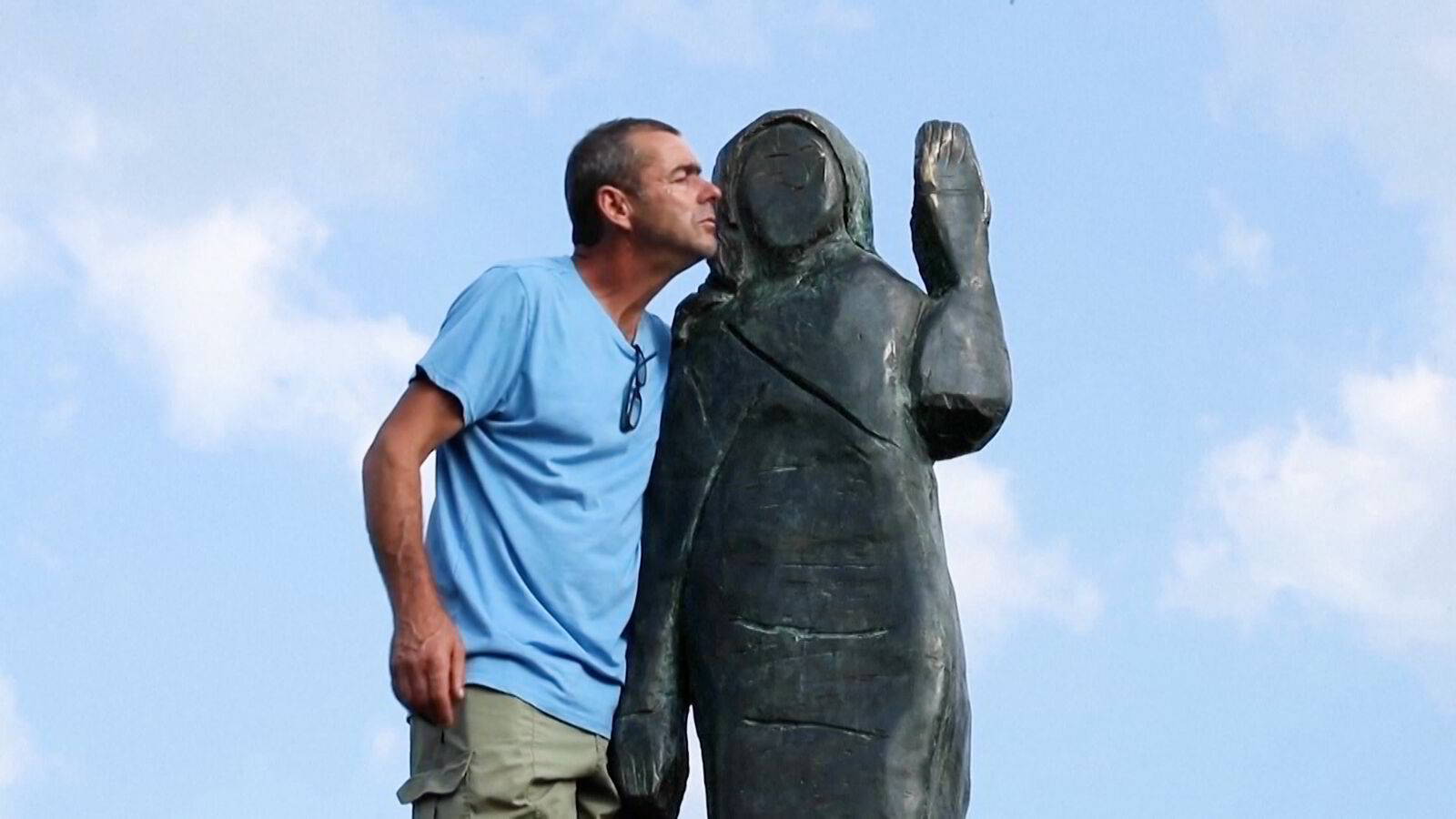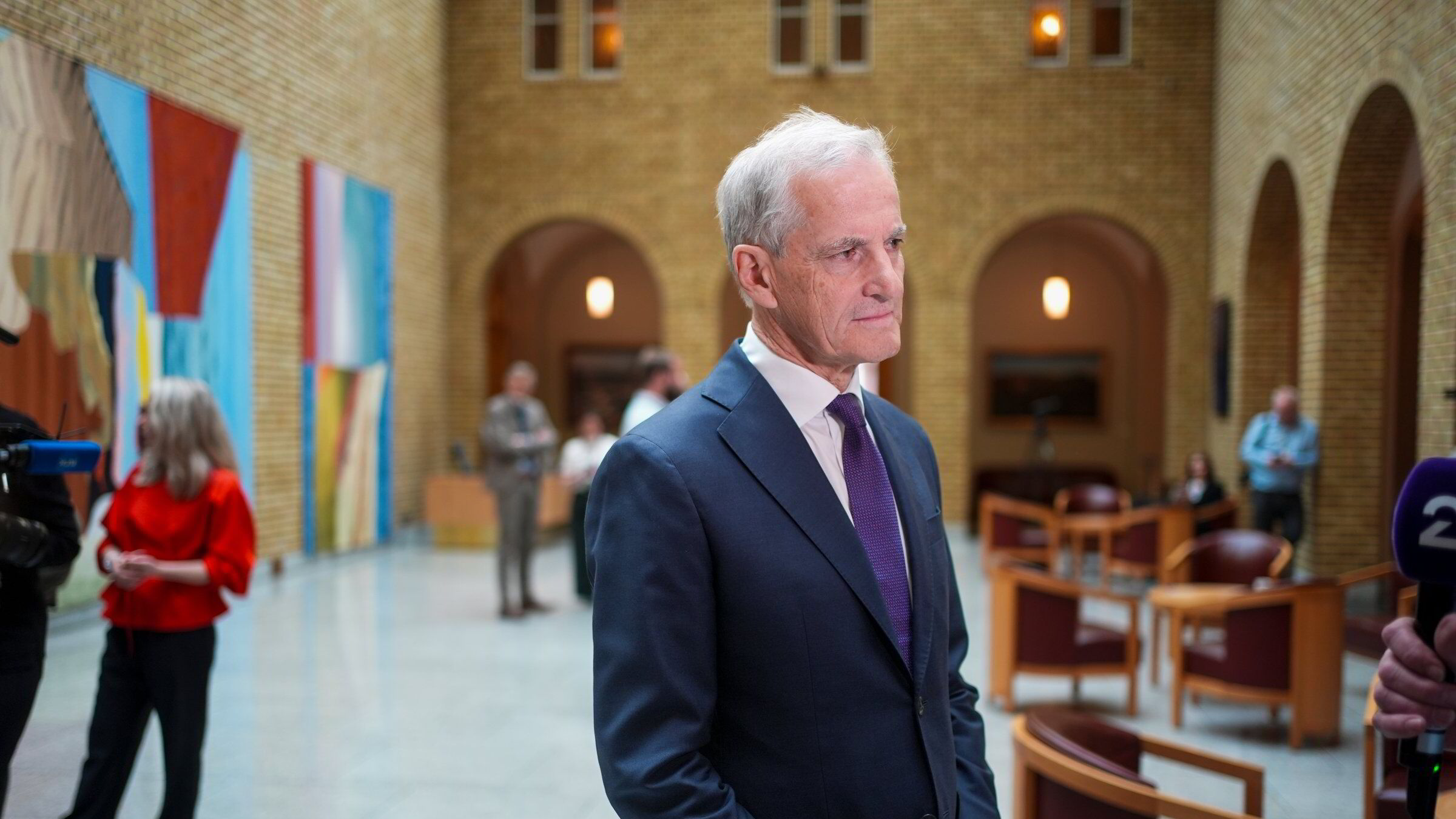The 'King Kong' of obesity jabs is just too effective for the NHS to handle.
Patients taking Mounjaro lose around a fifth of their body weight in a year and the National Institute for Health and Care Excellence (NICE) estimates there are 3.4 million people in England who could benefit.
But when draft guidelines came out earlier this year the NHS kicked back, saying that services would be overwhelmed.
Read more: Thousands denied weight loss jab due to slow NHS rollout
NICE has now backed down, so under new "final draft" guidance, just 220,000 people - those with the highest clinical need, it says - will be offered the drug over the next three years.
The other 93.5% of patients who qualify for treatment will have to wait for up to 12 years.
It's unprecedented for an effective drug to have such a slow rollout - and that's even with the rather conservative criteria that the NHS will use.
To qualify, people will have to have a BMI over 35 and one weight-related health condition such as high blood pressure or type-2 diabetes.
But the drug is available privately - at £150 a month or so - to anyone who has a BMI over 30.
That's 15 million people. Well beyond the capacity of the NHS.

Research by Sky News has shown that the NHS is struggling to deliver on the promise of weight loss jabs.
We found only 14 of the 42 Integrated Care Boards around the country were offering the existing jab Wegovy through hospital weight loss clinics even four months after the NHS was supposed to start prescribing it.
Even then, they were setting extra restrictions on who qualified.
It's a postcode lottery that doctors told us was "soul-destroying."
For decades, NHS weight loss services have been underfunded.
Read more from Sky News:
'World's largest pay award' for Musk prevented again
Should UK fear Trumponomics?
Why Guinness is limiting supplies for pubs
There is lingering prejudice against obesity within the NHS, just as there is outside.
It's blamed by many on a lack of willpower and poor lifestyle choices.
But science shows obesity is far more complex than that.
Between 40% and 70% of the risk of obesity is set by our genes.
That doesn't mean you will inevitably become obese if you're unlucky with your DNA, but it's much harder to stay slim, particularly when we are surrounded by ultra-processed food and high streets lined with chicken shops.
The Royal College of GPs has warned weight loss jabs aren't a magic bullet.
There are sometimes unpleasant side effects so not everyone will want to take them, and people who stop treatment put much of the weight back on over a year or two.
But they can also reset the metabolism, reduce the risk of life-limiting diseases and help people currently so heavy they can barely move, let alone exercise.
Half of all obese people with three weight-related health conditions will be dead in 10 years.
That's the survival rate of some cancers, which also often have an element of lifestyle risk.
But the NHS doesn't quibble about the cost or demand for effective cancer treatment.

 5 months ago
49
5 months ago
49























 English (US)
English (US)